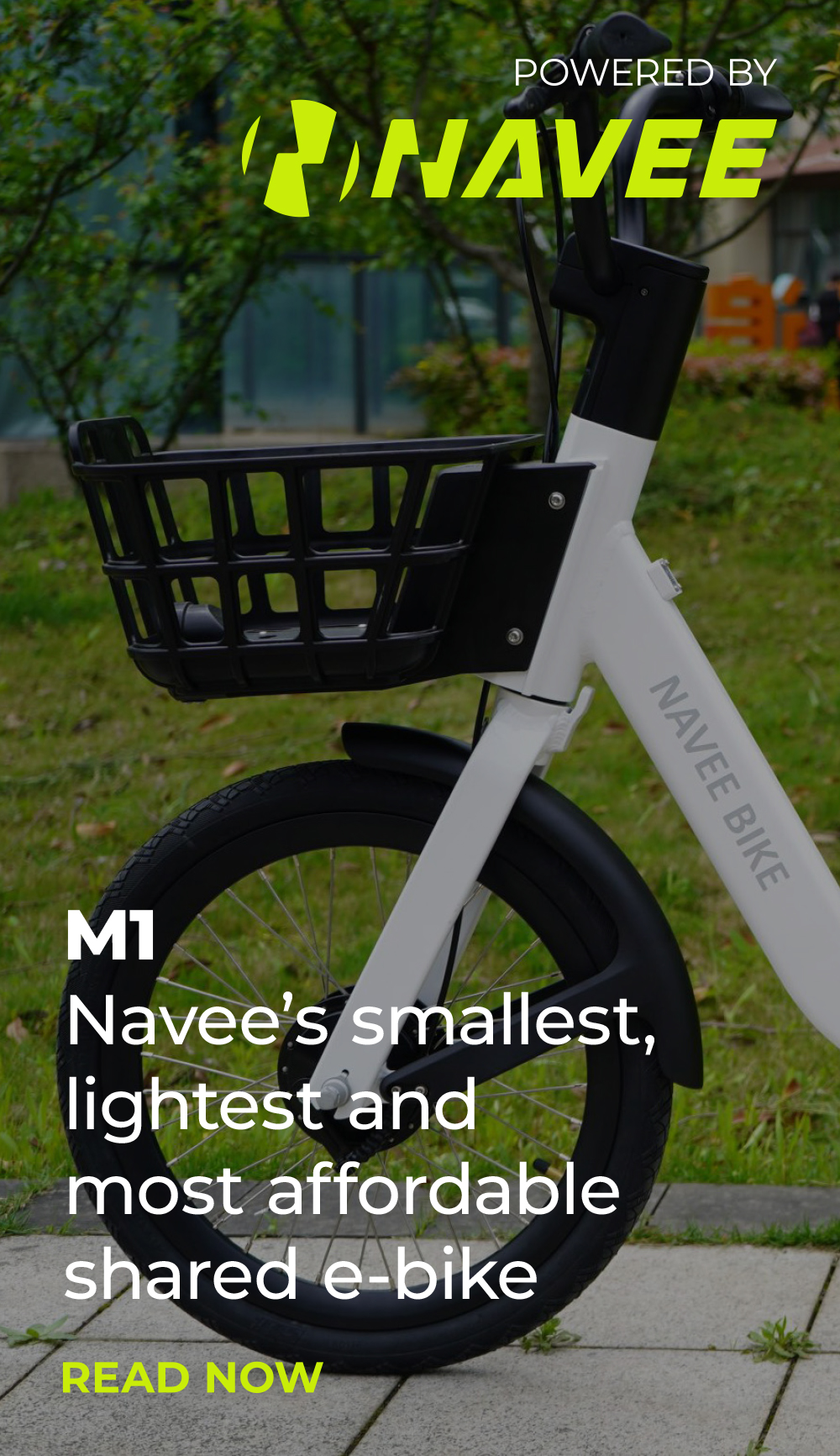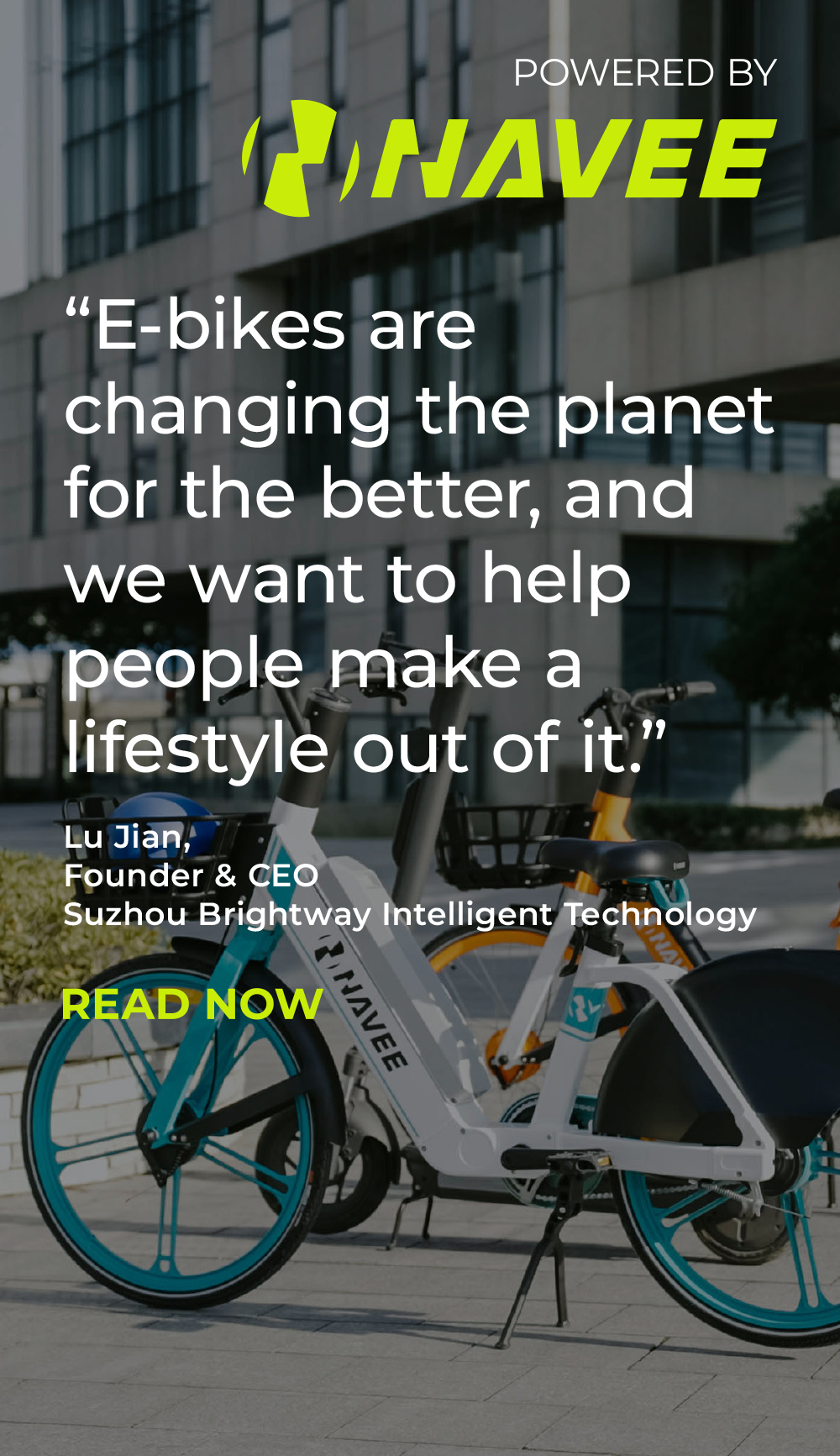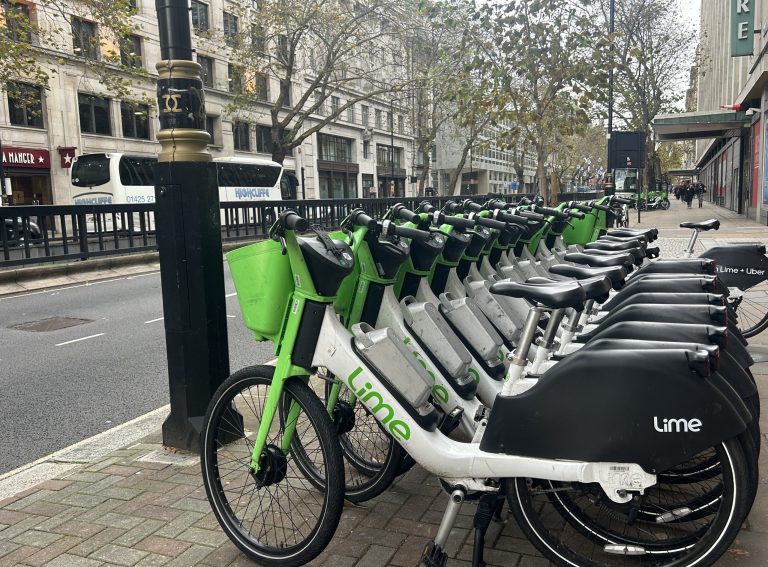A number of the UK’s 12 shared e-scooter operators in the UK have started to add electric bicycles to their offerings, while some bikeshare operators have introduced e-scooters.
But are the companies serious about providing two forms of shared micromobility in the same city?
First up – local authorities prefer bicycles. They are already legalised, and they are “active transport” – that is, they provide exercise and so health benefits to the user. Bicycles have been around a long time (albeit pedelecs are relatively new) so most people know how to use them, and most bystanders and other road users know how they move and how to react to them.
But operators prefer escooters. They much cheaper to build, they’re smaller and have fewer moving parts, so are easier and cheaper to transport and service. They are more popular with some people users because of their novelty, lack of effort needed, and simply because they are not bicycles. They take up less pavement space when stored, and it is harder to vandalise them.
Only this week, the Edinburgh Cycle Hire announced it was closing because of a persistently high vandalism that was making the economics difficult to sustain. Meanwhile, none of the UK’s e-scooter services have shut this year.
In the UK, Voi and TIER have introduced electric bicycles into some of their e-scooter fleets, while Lime and Beryl have introduced e-scooters to some of their bicycle fleets. Spin and Wind started life as shared bicycle companies but have only operated e-scooters in the UK, while Bird and Neuron added bikes to their global portfolios, but not for the UK. Dott had announced bicycles were coming to the UK, earlier this year. This was delayed, likely by their successful e-scooter London bid, but Zag understands they will still appear later this year. Ginger, Zwings, Zipp are small UK/Ireland startups focused on just e-scooters.
There are currently six cities with an operator in charge of both e-scooters and e-bikes:
Places where an e-scooter operator introduced bikes:
- Cambridge (Voi)
- Voi Introduced pedelecs into this famously bicycle-friendly city. They now have around 70 bikes on Cambridge streets but their e-scooters outnumber them by 10 to 1 – and an estimate of journeys suggest that each Voi e-scooter here is carrying out twice as many journeys as each pedelec.
- Kettering (Voi)
- Kettering’s pedelec fleet, at around 20 bikes, is dwarfed by its 400 e-scooters here. This imbalance is compounded by each of its e-scooters appearing to take 1.5x more trips a day than each bike.
- York (TIER)
- TIER in York, like Voi in Cambridge, has 10 times as many e-scooters than bikes available for hire. You are much more likely to spot one of the 500 e-scooters there than the 50 bikes. However, in contrast to Cambridge, the bikes are each used for roughly the same number of journeys.
Places where an pedelec operator introduced e-scooters:
- Norwich (Beryl)
- Beryl first introduced a small number of e-scooters to its mixed manual bike and pedelec fleet here, making it the world’s first tri-mode shared micromobility operator. They have clearly been a success as numbers have increased steadily, to 150 e-scooters, complementing the 300 bikes here. Once again, the e-scooters are taking 1.5x more trips per day per vehicle than the bikes, despite there being fewer of them, and so harder to find.
- Bournemouth (Beryl)
- Bournemouth (with Christchurch and Poole) have around 700 bicycles and 150 e-scooters. Here, each vehicle is used for roughly the same number of journeys every day. Scooters, unlike the bikes, are not allowed in the eastern part of the Bournemouth geofence.
- London (Lime)
- Lime, as one of the recent three winners of the London tender, has up to 800 e-scooters in London, which are available in a smaller part of the capital city than its 1200 bicycles. It is still early in the London e-scooter sharing story, and there is not much data yet on how popular they are, but anecdotally they look to be being used at least as frequently as the Lime bicycles there. The bicycles were inherited, following the closure of Uber’s JUMP operation. Their numbers are therefore to rise, and so Lime’s London future does look increasingly e-scooter focused.
Generally, the scooters have been more enthusiastically adopted by the bicycle-first operators (Beryl and Lime) than the other way around – Voi and TIER’s bike fleets in the UK are all small and, it is suspected, may only be present to fulfil a promise to the local authorities concerned, or as an “insurance policy” just in case the current e-scooter trials end without an agreement to extend them. The numbers across in these cities suggests the e-scooter is the micromobility vehicle of choice.






